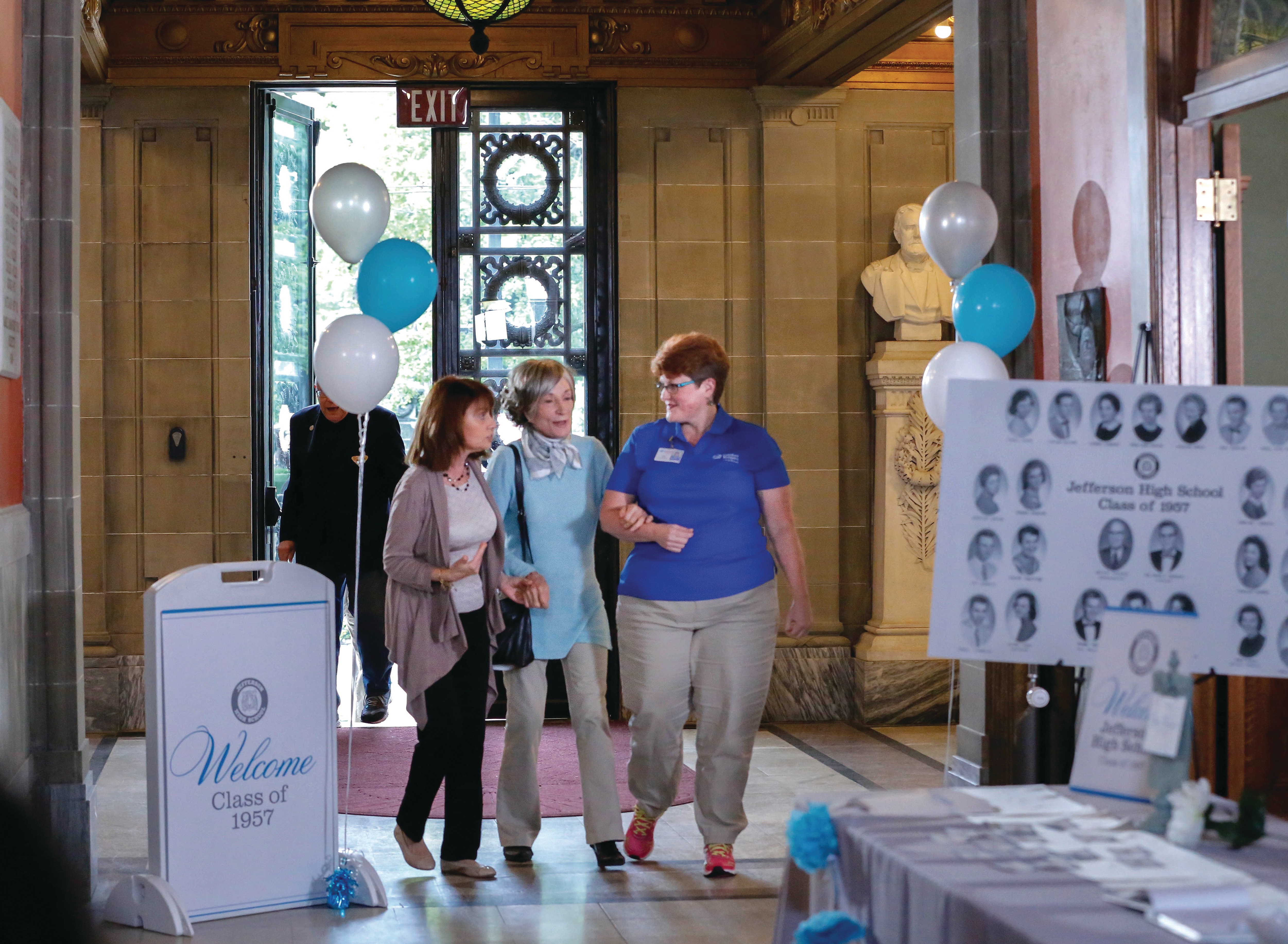What Are Some Senior Fall Prevention Strategies?
Oct 23, 2019 by Anonymous
Every year, 3 million seniors are treated in the emergency room for fall injuries, as reported by the CDC. And, falling once doubles someone’s chances of falling again.
Preventing falls and accidents in the home is one of the most crucial planning strategies for helping older family members stay independent. Fractures, head injuries, hip fractures, broken bones, and other serious injuries can cause long term mobility issues and have lasting physical effects. And, after an injury occurs, it can affect a senior's ability to live the way they want and enjoy the same lifestyle and activities that they once did.

Unfortunately, some health issues occur more often as we age, which can also make older persons more likely to fall. These risk factors can include the following:
- Alzheimer’s disease and other dementia
- Low blood pressure
- Poor vision
- Muscle weakness
- Heart disease
- Parkinson’s disease
- Malnutrition
- Pain or sensitivity in the feet or legs
- Ear infections or inflammation
There are some precautions that both senior adults and their families can take to reduce the likelihood of a fall.
Evaluating the individual's risk factors and taking preventative measures in a way that acknowledges the unique lifestyle, needs, and health of a senior can help.
- Evaluate choice of footwear– Shoes that have an open back, don't fit properly, are worn out, or have a slippery bottom can all contribute to balance problems or tripping. There is a wide selection of safe shoe options to fit any activity and personal style - who says safe shoes have to be boring?
- Understand the effects of medication– Seniors and their families should make it a point to discuss with a healthcare professional how a person’s specific medications – both over-the-counter and prescription – can have side effects that cause balance issues or dizziness.
- Minimize trip hazards– Sure, some fall hazards are rather obvious; slippery shower floors, flights of stairs, or cords that are too far from a wall outlet. But, there are also less obvious features that can be an issue for someone with dizziness or vision loss. These can include certain types of carpeting, loose throw rugs, dimly lit hallways, or a pet toy in the middle of the floor. Removing the hazard or installing safety devices, like grab bars, handrails, non-slip mats, and brighter light bulbs, can help.
- Nutrition and exercise– Engaging in healthy habits when it comes to exercise programs and diet plans can prevent weakness in the legs and feet and can reduce pain. The NCOA and CDC promote community-based programs, including A Matter of Balance, Stepping On, and Tai Chi, which all promote fall prevention physical activity. Seniors should always talk to their primary physician, occupational therapist, and or physical therapist about any diet and exercise program. They can ask specific questions about how these things affect their fall risk factors.
- Make mental health a priority – Studies have shown that there is a distinct correlation between depression in seniors and falls. One report explains that “both depression and fear of falling are associated with impairment of gait and balance.” Positive mental health can improve many areas of a senior’s life, and reduced fall risk is one of the incredible benefits. Connecting with loved ones, engaging in enjoyable activities, finding a sense of purpose, and experiencing joy can improve physical and mental quality of life.
In some cases, families only consider fall prevention tactics after a loved one is hurt. Taking precautions before an accident occurs can help older adults maintain their physical health and their independence and reduce the risk of falling.
Comfort Keepers® Georgetown Can Help
For each and every client, our Comfort Keepers Georgetown team does a thorough home evaluation to minimize hazards in the home – including fall risk evaluation. Our in-home caregivers can help with mobility issues, provide transportation to regular check-ups, and even support physician-prescribed exercise regimens and diets. And, our ultimate goal is to elevate the spirits of our older adult clients and their families every day. As part of the client's customized care plan, caregivers can also help with everyday activities like cooking, cleaning, and physical care. Whether your loved one is recovering from a recent fall or needs help with fall prevention, we can provide compassionate services to help.
To learn more about our short-term and long-term care services, contact Comfort Keepers Georgetown today at (512) 255-6633.
Additional Resources
Centers for Disease Control and Prevention (CDC) - Statistics and information about older adult falls
National Council on Aging - Information on fall prevention programs









